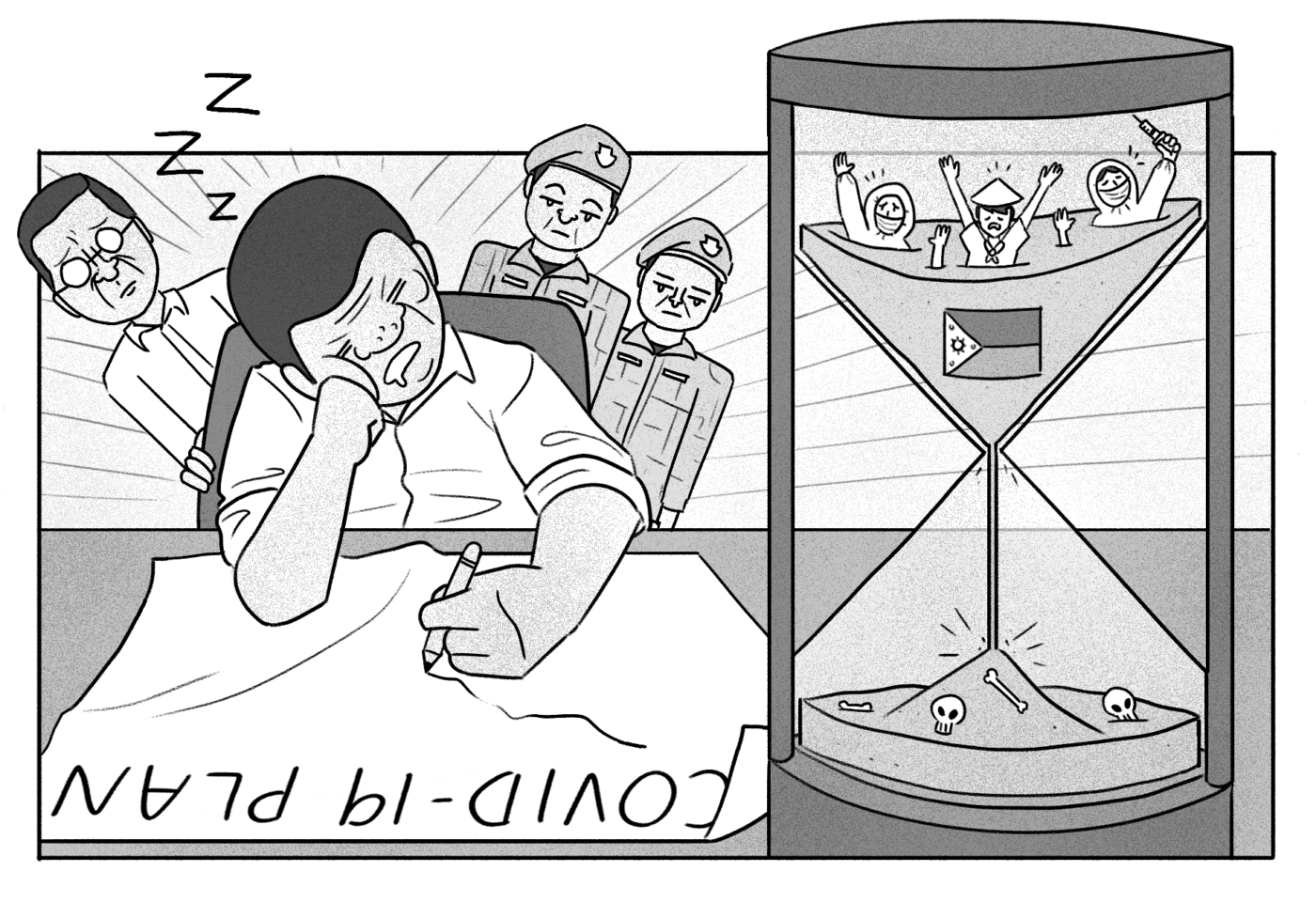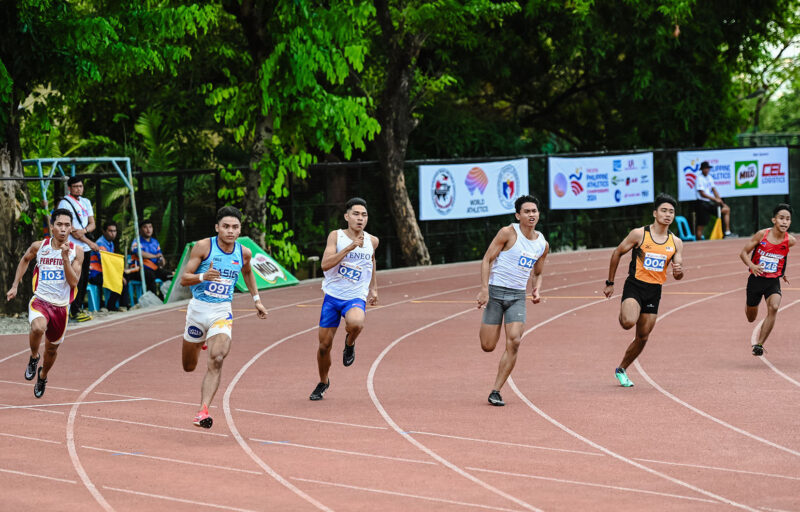AS COVID-19 vaccine procurements commence worldwide, pharmaceutical companies prioritize countries that have already secured advanced purchase agreements. However, these arrangements are unaffordable and inequitable for developing countries like the Philippines, ultimately leaving them behind in the timely acquisition of the COVID-19 vaccines.
While the Philippine government attempted to ensure that the country promptly received its vaccine supply, its acquisition approach was met with heavy criticism for its ambiguity and irrationality. Consequently, the COVID-19 vaccination rollout plan revealed gaping holes in the administration’s pandemic response.
No room for incompetence
After a series of negotiations with United States State Secretary Mike Pompeo that began as early as July 2020, the government committed a severe mistake in COVID-19 vaccine procurement. However, Health Secretary Francisco Duque’s failure to submit a Confidentiality Disclosure Agreement cost the country’s chance to acquire 10 million doses of the Pfizer-BioNTech vaccines by January.
Months after this shortcoming, the government approved Sinovac—the Chinese pharmaceutical company—to conduct Phase 3 trials of their vaccine in the country. This decision ignited public backlash due to the drug’s reported 50.38% efficacy rate and its market price of Php 1,443 per dose, which is more expensive than most COVID-19 vaccines.
With this acquisition, the government pledged to prioritize health workers in the nationwide vaccination. However, its promise was met with claims of unauthorized vaccine distribution amongst Chinese nationals, as well as President Rodrigo Duterte’s confirmation that Philippine Security Group members were inoculated with unregulated Chinese vaccine Sinopharm.
These responses show that the government is severely lacking in transparency as it implements its COVID-19 vaccine rollout plan. With delays and allegations present, its actions threaten the lives of Filipinos in need of immunization to protect themselves and others—especially the country’s health workers—from the disease.
Scarred lives
Vaccination programs have long been perceived as pain points in epidemiology. In 2017, the Philippines’ public health scare made global headlines when the local Food and Drug Administration (FDA) pulled Dengvaxia off the market because vaccine maker Sanofi-Pasteur disregarded FDA regulations. While Dengvaxia was no longer sold, viral rumors surrounding the dengue vaccine scarred the lives of Filipinos. This fiasco caused public trust in vaccines to plummet and inflamed anti-vaccine sentiments in the years to come.
Such vaccine fears may delay the end of the pandemic. For a global health crisis that recognizes the vaccine as a first step in beating the pandemic, vaccine hesitancy remains too large a hurdle. When nearly half of surveyed Filipinos shared that they would not receive the COVID-19 vaccine after expressing health concerns, this revealed the need for the Department of Health (DOH) to step up in convincing citizens to take the dose.
Yet, the initial vaccination response is disheartening. Instead of signing deals with a WHO-accredited vaccine, the government administered an excessively complex red tape that hampered the process of acquiring said doses. Rather than learning from its past missteps with Dengvaxia, the government continues to neglect health workers left vulnerable to COVID-19.
Prolonging the inevitable
The government’s severe mismanagement resulted in drastic consequences for the country, ranging from delayed vaccine acquisition to overpriced supplies that led to slow economic growth. The vaccine rollout is also marred by deeply-rooted public distrust and debt shock, which hamper interconnected industries. While a think tank projects that the Philippines is the “last to [economically] recover in Asia,” it does not mean that the future is set in stone.
If the government realigns its internal systems while readjusting its plans against the pandemic, then the country would avoid a prolonged path to normalcy. This change can begin with the DOH—as the nation’s top department on public health, it should debunk vaccine scare myths while upholding accountability in the COVID-19 vaccination program. To secure long-term recovery, there must be a concretized plan—one that does not lie in political relationships nor vague procurement terms, but one accredited only by the best for all Filipinos.
Regardless of decisions that were already made, the coming months should emphasize a greater need for a sound COVID-19 vaccination rollout plan and a transparent government at the helm of it all.




